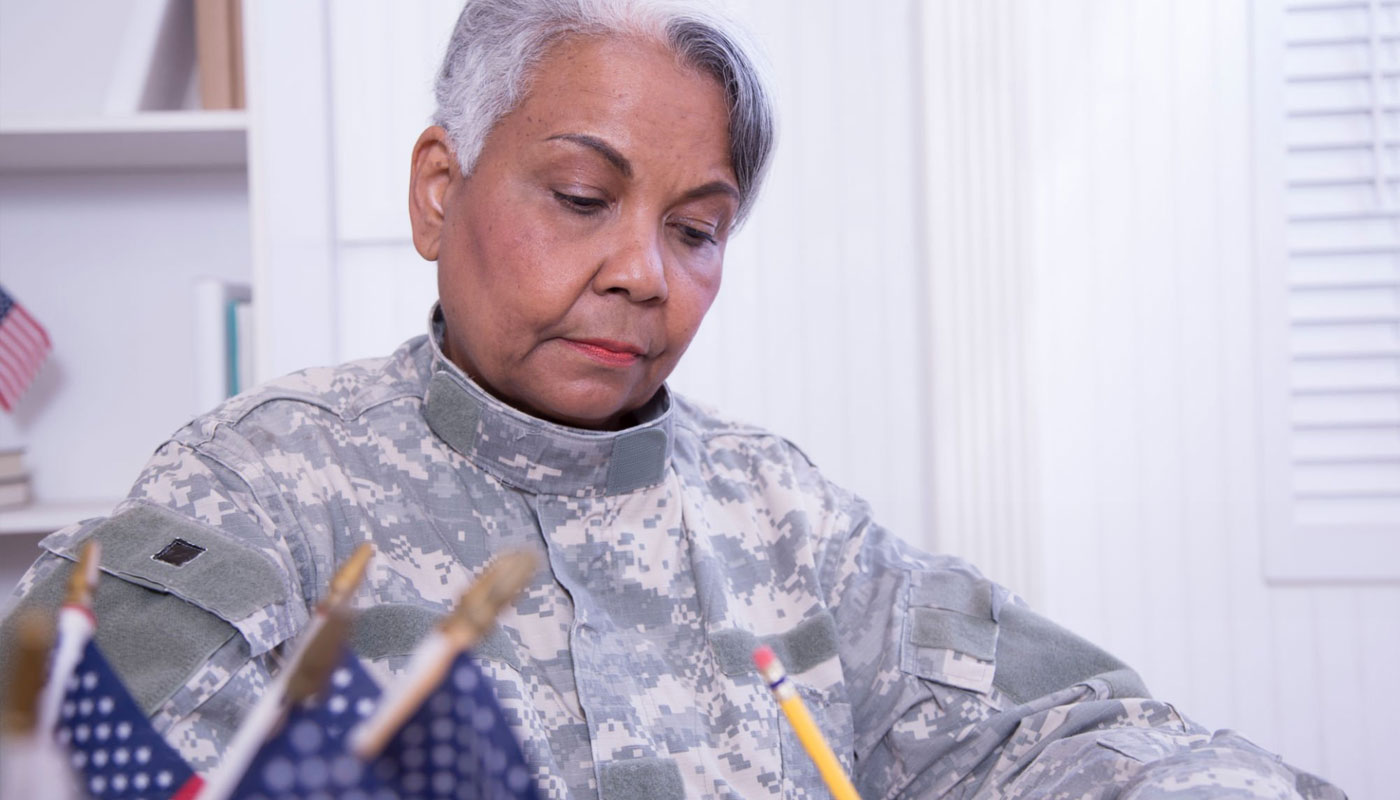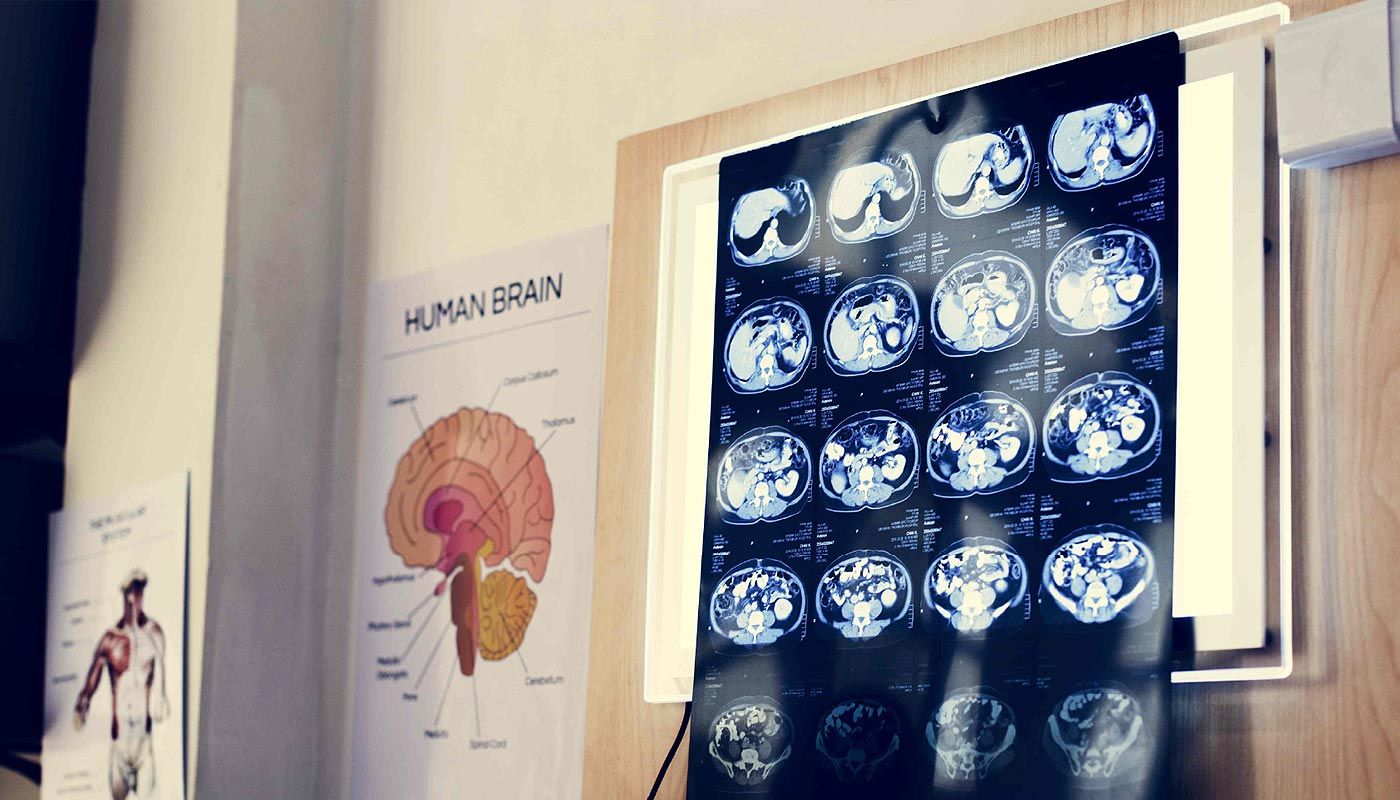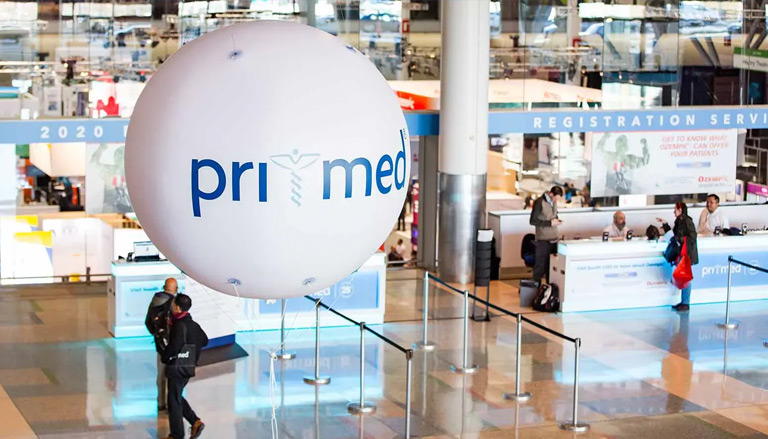By William McCrae, PHN Founder and CEO
(as seen in Medical Economics, December 2, 2024)
In our hub-and-spoke model of personal health care, primary care physicians (PCPs) are at the center, while referral specialists are the spokes. Financial, technological and other pressures have made it harder for PCPs to operate independently, with fewer than half of all PCPs unaffiliated with a health system or larger ownership structure today. To be successful, independent PCPs must offer their patients timely preventive care and effective treatment for the broadest possible range of conditions. A trove of new research connecting poor hearing health with a range of conditions, including Parkinson’s disease (PD), dementia and more, shows how important that breadth of expertise and services is for the long-term health of their patients.
The PD-Hearing Connection
A study published in JAMA Neurology took advantage of the Department of Veterans Affairs’ extensive medical recordkeeping to explore links between hearing loss and PD, two diseases that disproportionately affect veterans. Examining over 7.2 million American veterans between 1999 and 2022, researchers showed that those with hearing loss had a much higher chance of developing PD later in life. On the flip side, researchers asked: Could using hearing aids decrease one’s risk of developing PD? The answer: Yes. As long as you receive a hearing aid within two years of a test demonstrating hearing loss, your risk of developing PD was much lower.
Other groundbreaking studies have demonstrated the link between hearing loss and poor health for civilians as well, including a 35% increase in dementia, a 24% increase in cognitive decline, a threefold increase in injury-causing falls, and a general increase in social isolation and depression. Getting screened and receiving hearing aids if you need them can have a profound effect on your health, but out of the 28 million Americans who could benefit from treatment for hearing loss, only 20% receive it. Why? The primary reasons are social stigma, cost and access to hearing health care at their primary care physician — traditionally the expected point of entry for care.
Overcoming Barriers to Hearing Screening
In a culture that stigmatizes aging, getting hearing aids can make people feel vulnerable or old. Many do not want to admit that they need screening for hearing loss, so they procrastinate, unknowingly putting their health and well-being at risk. Hearing loss can progress slowly. People often lose hearing in specific ranges and frequencies without perceiving it until the situation goes from bad to worse. By normalizing doctor-patient conversations about hearing loss, we can improve understanding, increase awareness and reduce stigma, removing major psychological and emotional barriers to getting screened.
Cost is another barrier. The average set of hearing aids can cost $4,672. While some private insurers cover hearing aids, many do not. Only five states require insurance companies to cover hearing aids in adults, although that number increases to 20 for children’s hearing aids. Medicare doesn’t cover hearing aids, but many Medicare Advantage plans do. The Department of Veterans Affairs covers hearing screening, audiology services and the cost of hearing aids. Overall, when it comes to private health insurance, there is a deficit of hearing health coverage.
The Problem With Some Over-the-Counter Hearing Aids
The good news is there are more options than ever for treatment, but there is still work to be done.
In 2017, the U.S. Food and Drug Administration (FDA) established a new category for over-the-counter (OTC) hearing aids, making them widely available to consumers for the first time without the need for a medical exam, prescription or fitting by an audiologist, and increasing awareness of the importance of hearing health to overall health. FDA guidance stated OTC hearing aids were to be used for mild to moderate hearing loss only. However, a large percentage of people purchasing OTC hearing aids today have significant hearing loss, a category the FDA’s rule doesn’t cover. In their quest to do the greatest good for the greatest number of people, the FDA’s one-size-fits-all policy left some behind.
Several conditions, such as acoustic tumors, cerumen impaction and otitis media, should be ruled out or addressed by a health care professional before a person purchases OTC hearing aids. Regular hearing aid adjustments, fittings and follow-up service are known to be key success factors, especially for those receiving hearing aids for the first time, but OTC customers do not receive these services and may never realize the full potential of their hearing aids. This can lead to frustration and the feeling that hearing aids just don’t work for them. Improper fitting or abandoning hearing aids entirely when you need them can lead to further hearing loss and other negative health consequences.
As a hearing health advocate, I work with others to help improve access to convenient, consistent screening and treatment for all. Bringing hearing screening into the PCP’s office is a logical solution that meets patients where they are with a clinician they already know and trust. For those with mild to moderate hearing loss, OTC hearing aids aren’t a bad option, but PCPs should offer helpful guidance to these patients that keeps them on the right track.
The Key to Good Hearing Health
The key to good hearing starts with screening. All newborn babies receive neonatal screenings. Children entering public school for the first time are screened, as well as military recruits, but there are large gaps beyond these circumstances. It is up to PCPs to communicate with their patients about the importance of hearing screening and build hearing health into their understanding of overall health. The latest evidence suggests doing so is becoming more important than ever.
 William McCrae is the founder and CEO of Physicians Hearing Network, based in San Antonio, Texas. He is a U.S. Navy veteran.
William McCrae is the founder and CEO of Physicians Hearing Network, based in San Antonio, Texas. He is a U.S. Navy veteran.




